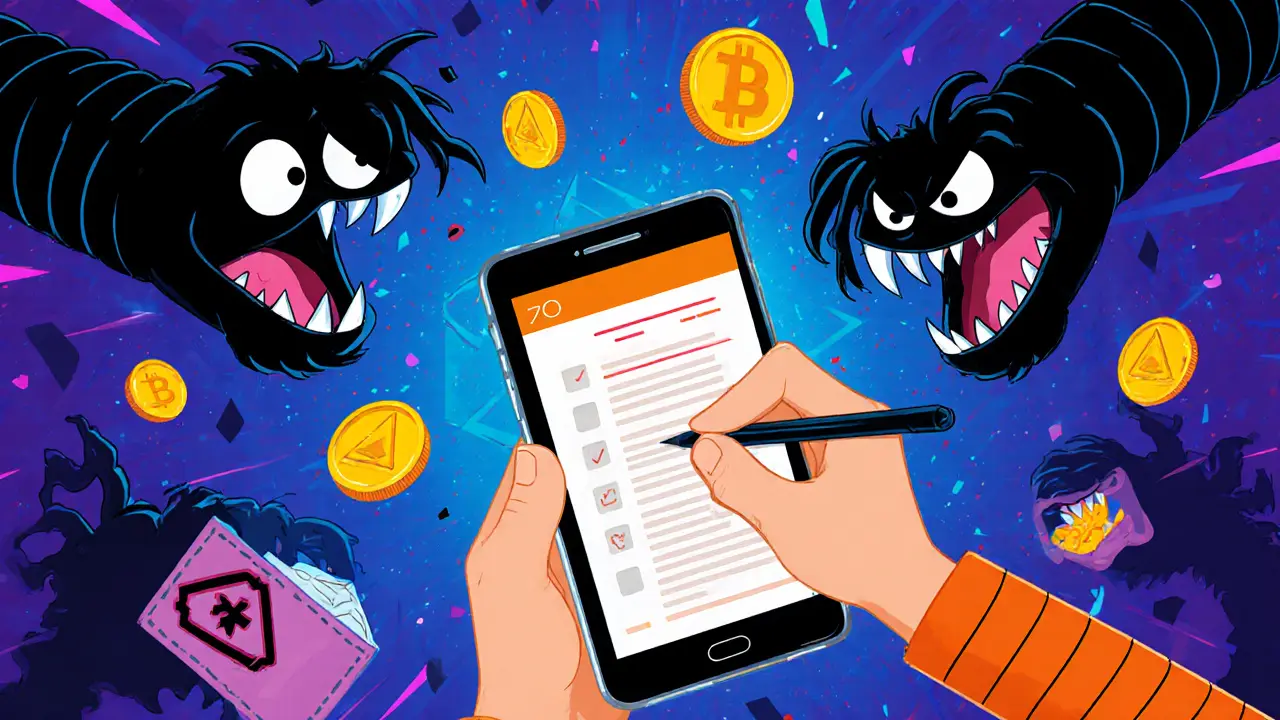Smart Contract Security: Protect Your Crypto from Code Flaws and Hacks
When you interact with a smart contract, a self-executing program on a blockchain that runs without human intervention. Also known as on-chain code, it handles everything from token swaps to lending pools — but if it’s broken, your money vanishes. There’s no customer service, no reset button, and no way to undo a mistake. One line of bad code can drain millions, and hackers know it.
Ethereum smart contracts, the most widely used type of smart contract, powering most DeFi apps and NFTs are especially targeted because they hold so much value. But it’s not just Ethereum — any blockchain with smart contracts, like Solana or Polygon, faces the same risks. The problem isn’t the blockchain itself. It’s the code written by developers who skip testing, rush deployments, or trust third-party libraries without checking them. A smart contract audit, a thorough review of contract code by security experts before launch isn’t optional. It’s the only thing standing between you and a total loss.
Most hacks happen because of simple, avoidable errors: reentrancy bugs, unchecked external calls, or poorly managed access controls. These aren’t sci-fi threats. They’re the same mistakes repeated over and over. In 2022, the smart contract security failures wiped out over $2 billion across DeFi. That’s not bad luck. That’s negligence. Projects that take security seriously — like those that publish audit reports, use formal verification, or run bug bounties — are the ones you can trust. The rest? They’re gambling with your funds.
You don’t need to be a coder to protect yourself. Look for signs: Has the contract been audited? By whom? Was the report public? Is there a known team behind it, or is it anonymous? Does the project have a history of updates and fixes? If you can’t answer these, walk away. The posts below show you exactly how these failures happen — from real-world exploits to the hidden flaws in popular protocols. You’ll see what to check before you click ‘approve’, how hackers exploit weak logic, and which projects actually do security right. This isn’t theory. It’s survival.
dApp security isn't about blockchain being unbreakable-it's about avoiding human error, fake websites, and poorly coded smart contracts. Learn how to protect your funds from phishing, rug pulls, and unchecked approvals.
